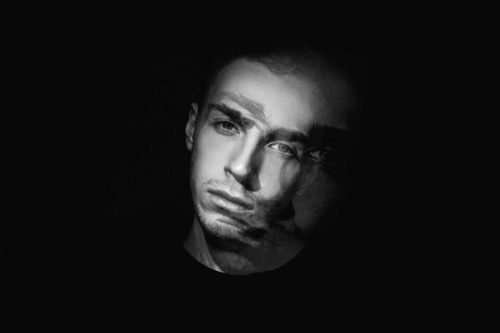


Director of puppet theatre, playwright. He is the creator and artistic director of the Maly Puppet Theatre (since 2015), which opened with the production based on Eugene Ionesco’s play Le roi se meurt.
Chakchi was born in a family of puppeteers. He directed his first production on professional stage at the age of 15. He is a graduate of RGISI, where he majored in puppet theatre directing (master artist T.R. Stavisskaya).
He is the creator and artistic director of the Maly Puppet Theatre (since 2015), which opened with the production based on Eugene Ionesco’s play Le roi se meurt.
Productions by Frosnokkers are playing in Sakhalin Puppet Theatre, Khakassian National Puppet Theatre, Maly Puppet Theatre (St. Petersburg) and other theatres of Russia.
In 2017 he published a collection of his own plays They Are Flying. In his plays, as well as productions, the influence of absurdist writers can be distinctly traced. Among the subjects, which the director addresses most often are mysteriousness, maskedness, duplicity of the world, an attempt to grasp the meaning of existence in the endless and often seemingly meaningless flow of human life.
Name. Chakchi Frosnokkers
Date and place of birth. 9 September 1994 Yuzhno-Sakhalinsk
Education. RGISI (majored in puppet theatre directing), workshop of T. P. Stavisskaya
Favorite authors, subjects, stories: Theatre of absurd, marketplace theatre.
What would you like to direct in puppet theatre and why with puppets? My dream is to direct a production based on Bosch’s canvases as well as the Ancient Indian epic Why with puppets? But how else?
Is the expression “puppet theatre” still relevant today? The expression is relevant.
A puppet becomes an actor, the one who has an impact on the audience, and it is also the principal carrier of action, i.e. the audience keeps the dialogue with the actor via the medium – the puppet. It goes without saying that in such case the puppet is a defining link.
What, in your opinion, is the difference between puppet theatre in Russia and the West? Structural approach, thinking about the role of the puppet in modern puppet theatre.
What is useful about collaboration and cultural exchange? Everything. Exchanging forms.